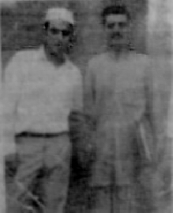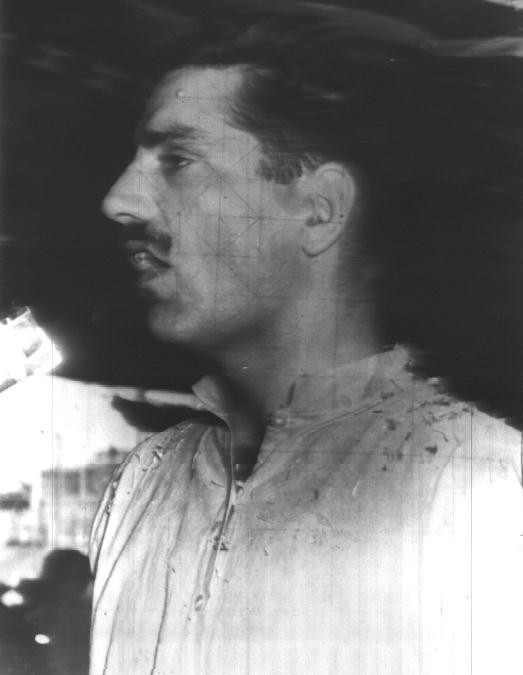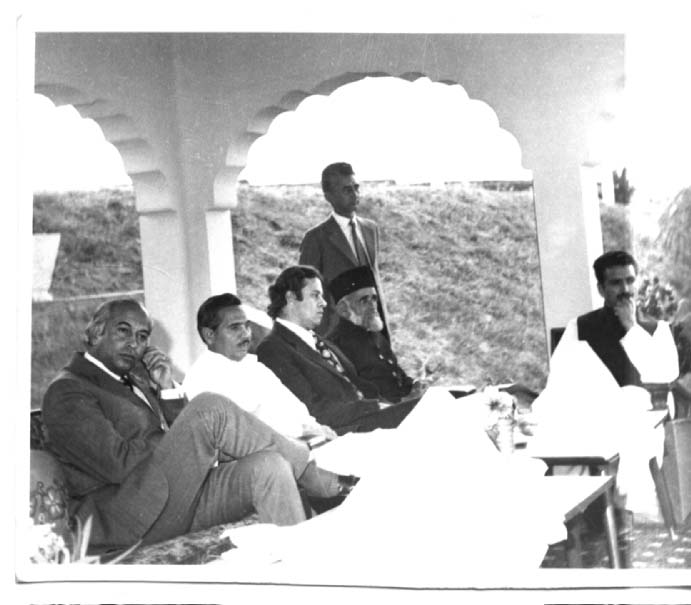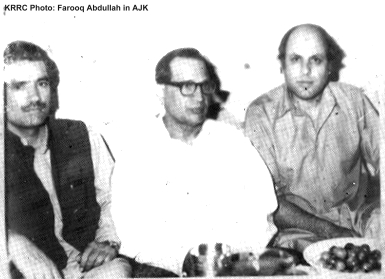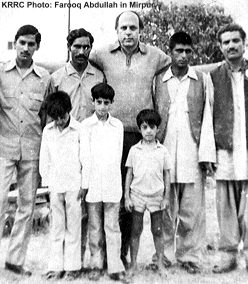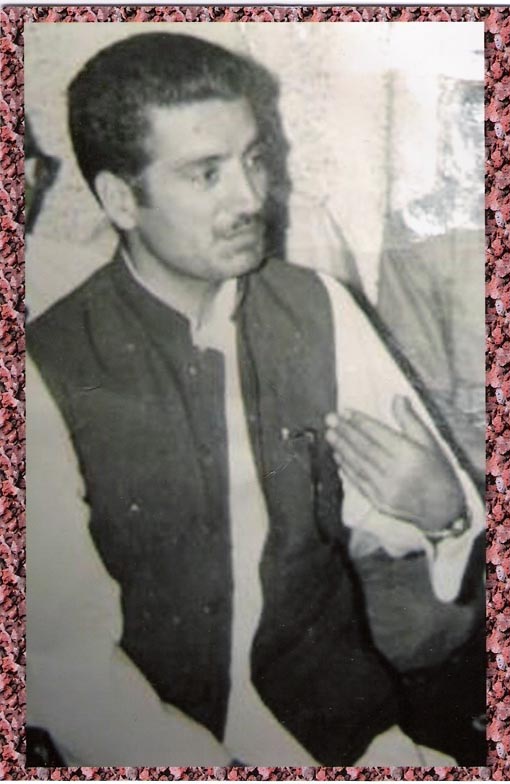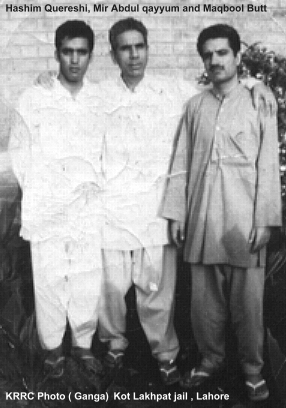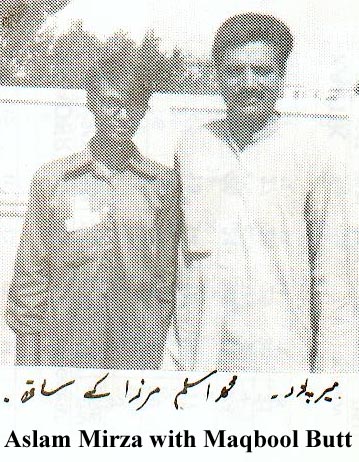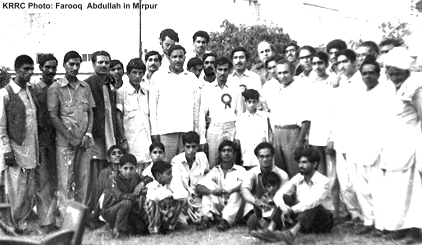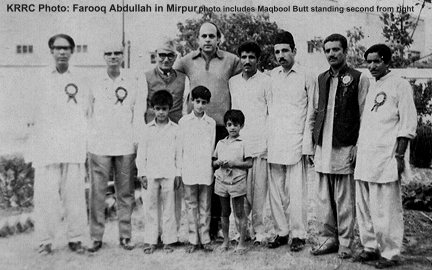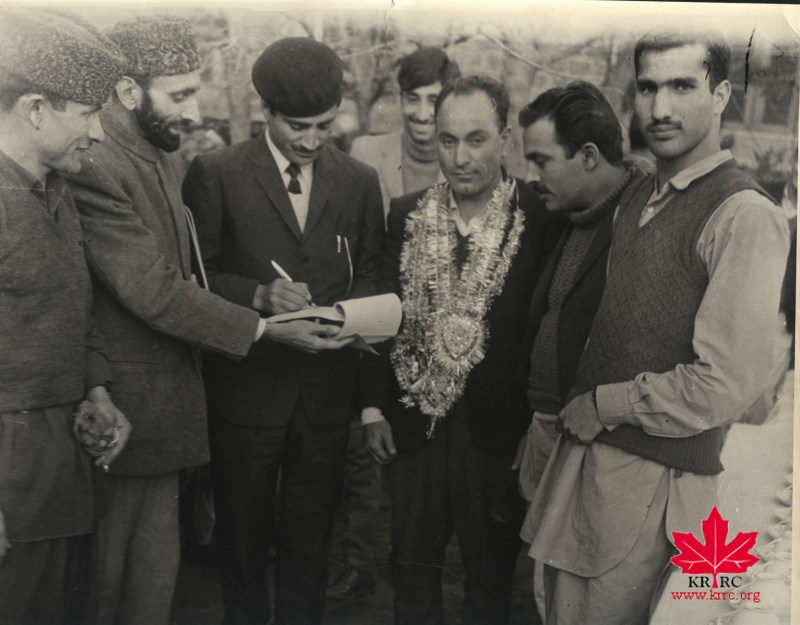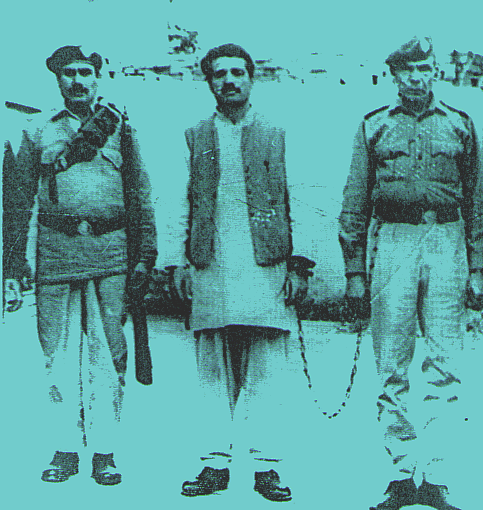An extra-constitutional execution, an act of vengeance
The constitutionality of Maqbool's hanging has raised many a question ever since February 11, 1984. There is no denying the fact that Maqbool was accused of murder and that a court had awarded death sentence. It is also a fact that the sentence was upheld first by the high court and then by the apex court. Notwithstanding all this, the state government had all the justification to force New Delhi to defer the execution.When Maqbool was hanged more to avenge the killing of an Indian diplomat in Britain than to fulfil the constitutional requirements, a case was pending disposal against him in a Srinagar court. And, according to Indian laws, Maqbool could not be hanged till the final disposal of the case. But, both the government at New Delhi and the state government acted in haste. Farooq Abdullah, the then chief minister, signed the black warrant to save his job, which of course he could not as he was dethroned only after three months of the event which later on changed the course of Kashmir history.Secondly, the close relatives of Maqbool Bhat had preferred a mercy petition before the president of India. The president had not taken any decision on the petition at least up to February 9th 1984. It is in place to mention here that the president of India is only a nominal head. He has to act according to the advise of the council of ministers. But adjudicating upon a mercy petition is well within the powers of the president. His verdict in such cases is final. However, the constitution requires that the president must act in a judicious way for effective administration of justice.
The manner in which execution was rushed through ignoring constitutional and legal procedures reinforces the public opinion in Kashmir that Maqbool Bhatt's execution was un-constitutional and an act of vengeance.
In Maqboolˋs case, the precedents and the constitution were thrown to winds. The president was forced to reject the mercy petition overnight following the killing of the diplomat. The diplomat was abducted by the KLA and subsequently killed in Great Britain. And, to avenge the killing, Mrs Gandhi ensured that all formalities to execute Maqbool were completed in a day.
Even, if the argument put forth by some official quarters that the hanging was not stage managed and that the President acted out of his own free will without any coercion from any quarter whatsoever, why did the president chose to reject the petition which was pending adjudication for so many years, immediately after the killing of the Indian diplomat in England?
And, why did not the state government tell New Delhi that a case was pending disposal against Maqbool at Srinagar? Can New Delhi and the state government answer these questions?
The haste in which both the governments acted reflects that the hanging was carried out in an unconstitutional manner. Therefore, the dominant opinion in Kashmir that the hanging was an extra-constitutional execution is justified.
by Zahir-ud-Din


